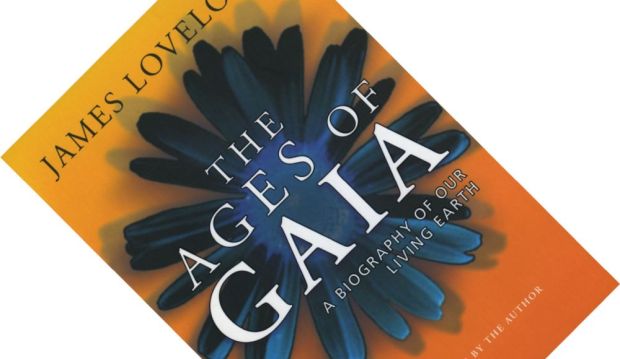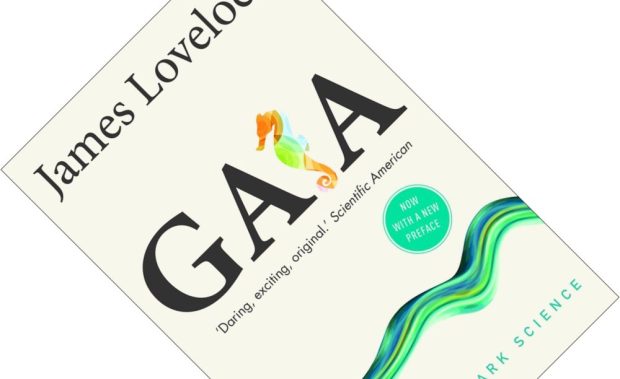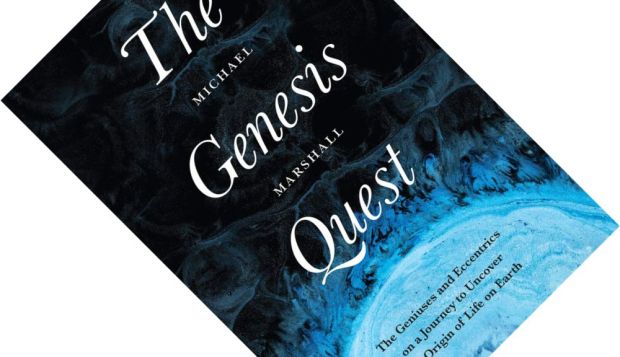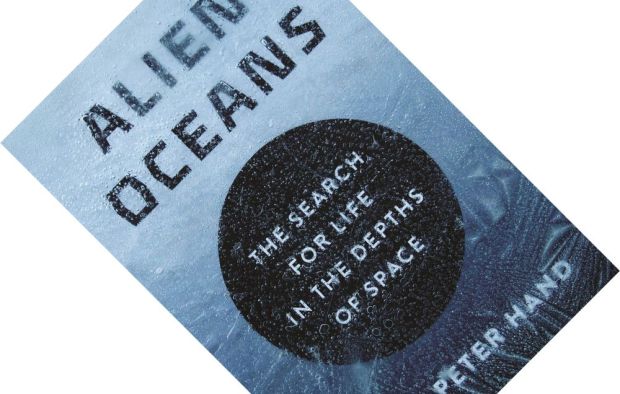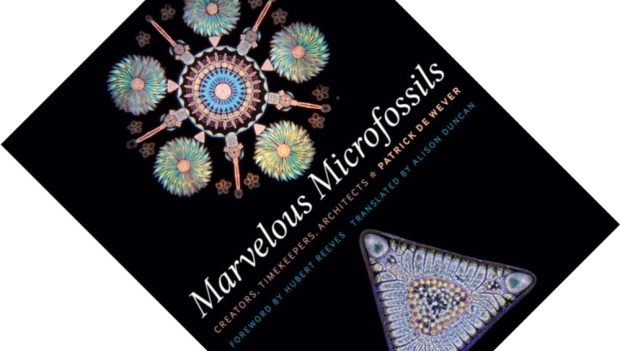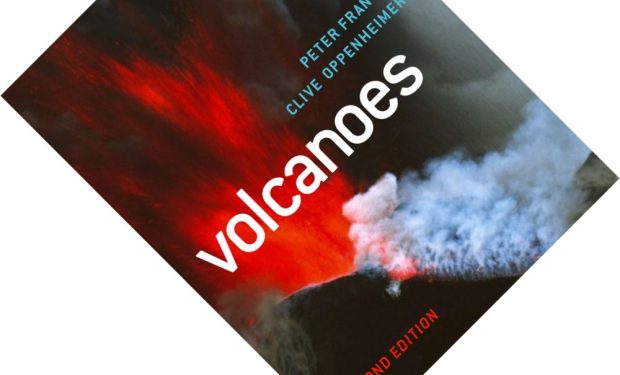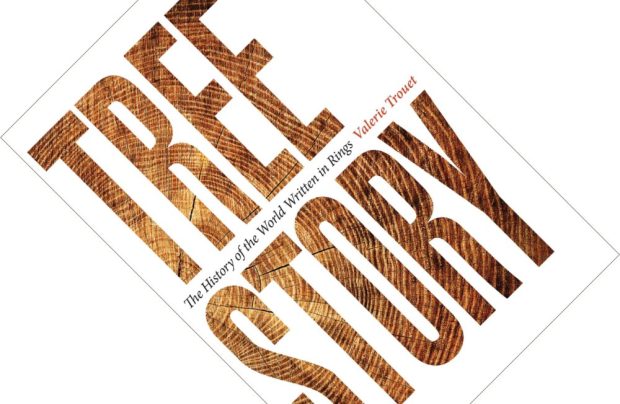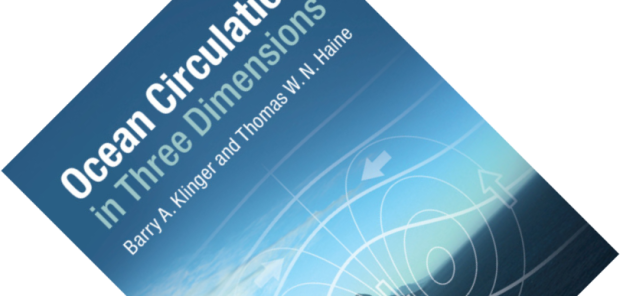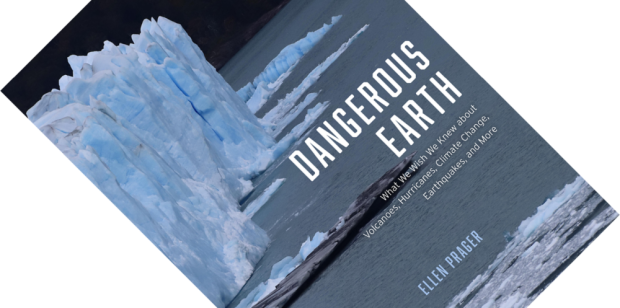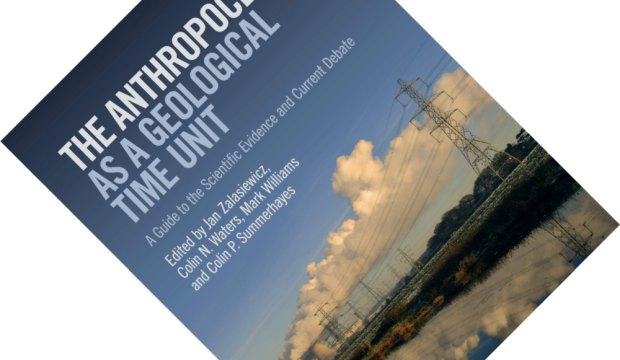9-minute read
keywords: earth sciences, ecology
James Lovelock, the famous scientist, environmentalist, and futurist, is probably best remembered for the Gaia hypothesis. This is the notion that the Earth is a giant self-regulating system that maintains conditions suitable for life on the planet. In the process of reviewing his first book, Gaia: A New Look at Life on Earth, it became clear that that book was a time capsule, its text not updated from the 1979 original. However, Gaia stimulated much criticism, response, and further research. This resulted in The Ages of Gaia, a second book aimed at a more scientific audience. Will it answer some of the questions I was left with after reviewing Gaia? Join me for this second of a four-part review series as I delve deeper into Lovelock’s ideas and how they developed (see also part 1, part 3, and part 4).

